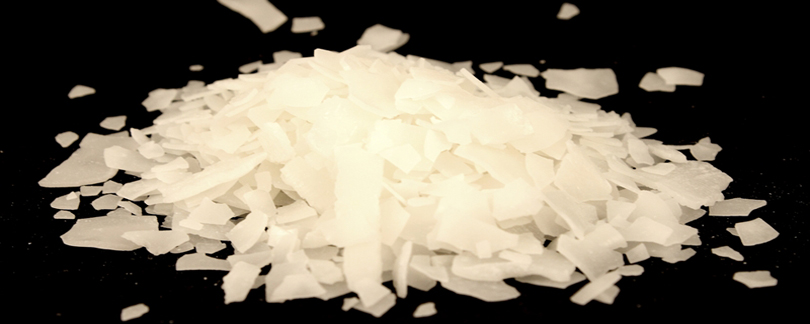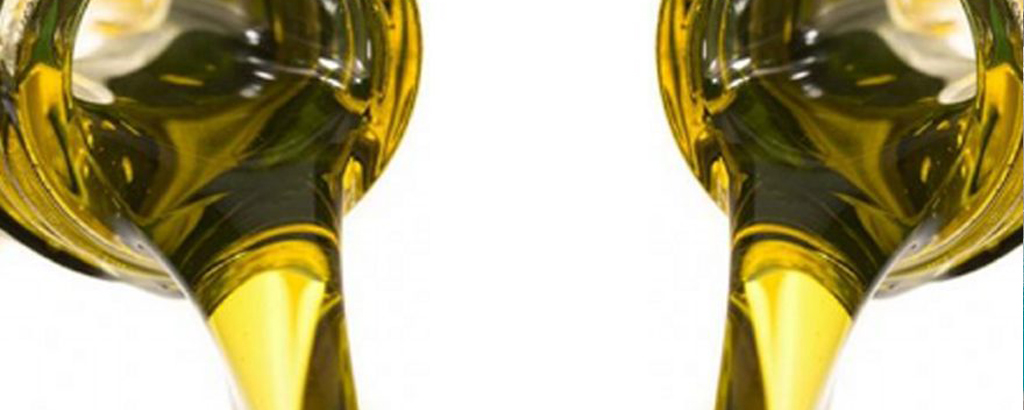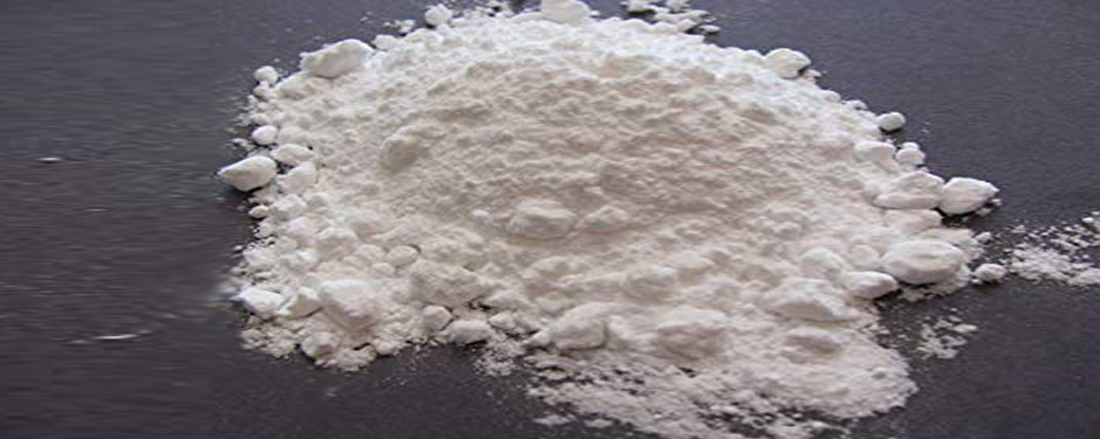CRESOL RED INDICATOR SOLUTION
It was found that this enhancement was not very sensitive to either the freezing rate or the type of acid used and that CR apparently established an acid-base equilibrium prior to solidification. In addition, the presence of inorganic salts, such as NaCl or NH4Cl, is reported to cause a more efficient deprotonation of CR in the former case and an enhanced protonation in the latter case, being well explained by the theory of Bronshteyn and Chernov. CR thus served as an acid-base indicator at the grain boundaries of ice samples.
Cresol Red is used as a tracking dye in DNA, RNA (agarose) and protein (polyacrylamide) electrophoresis. In agarose, Cresol Red runs with an apparent molecular size of approx. 125 bp DNA.
A 2.08 10 -5 M solution of cresol red indicator (α -cresol ... a good reproducibility and accuracy of the measured absorbed radiation doses.









